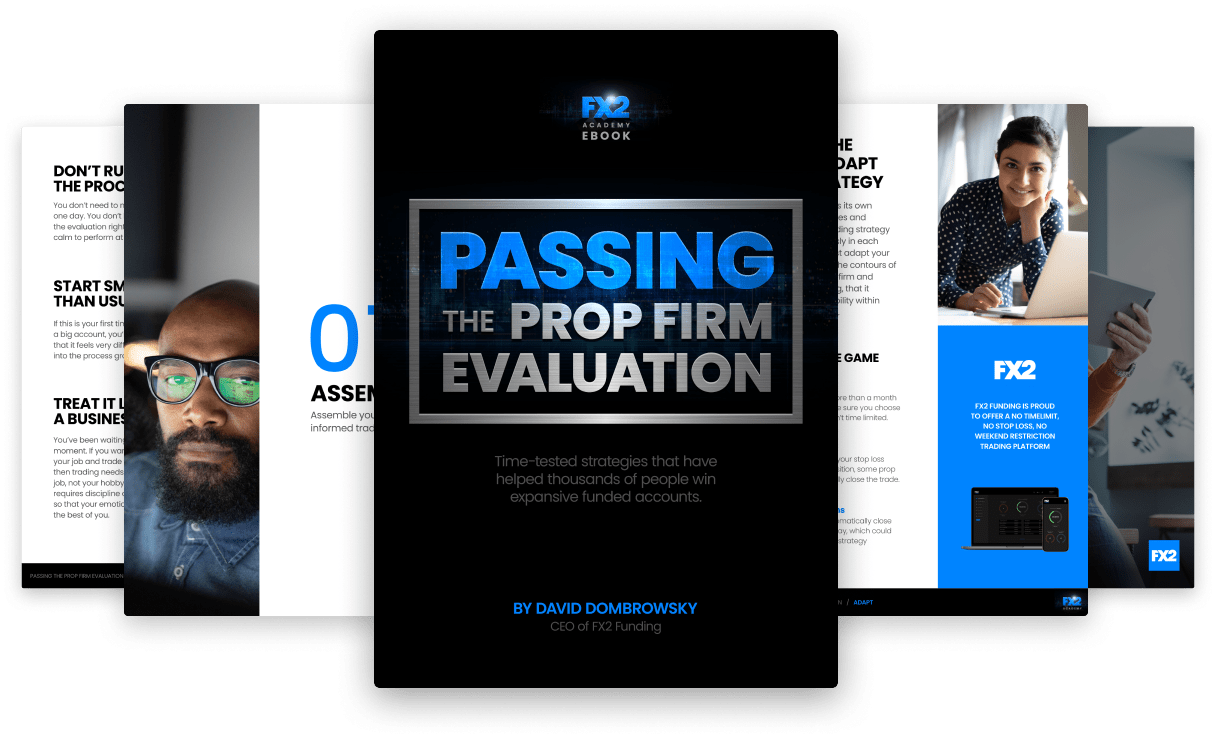The anticipated volatility also presents a challenge. According to the report, 73% of the surveyed firms expect their future performance to be significantly influenced by the volatility stemming from economic and geopolitical turmoil. They foresee a difficult business environment, which may hamper cross-border financial flows. This volatility may degrade the market conditions necessary for the firms to generate sufficient returns.
While increased competition presents opportunities for
prop firms in the future, it also poses an existential risk to many businesses. A low barrier to entry implies that more undercapitalized firms will gain access and start competing for the few talented traders. This may spark a race to the bottom, with evaluation fees sinking ever lower and evaluation criteria becoming less effective. Ultimately, the race to the bottom may scare off serious players, leaving the industry to rot under the weight of mediocrity.
On regulations, there are few signs, if any, that authorities are interested in formalizing
prop trading. Studying past regulatory behavior in the case of prop trading by banks is instructive. It counsels that regulators may develop a more hostile posture, especially if the industry plays a substantial role in a future financial crisis. In other words, the opportunities that prop firms anticipate riding on in the future may as well become the drivers of the industry's demise.







